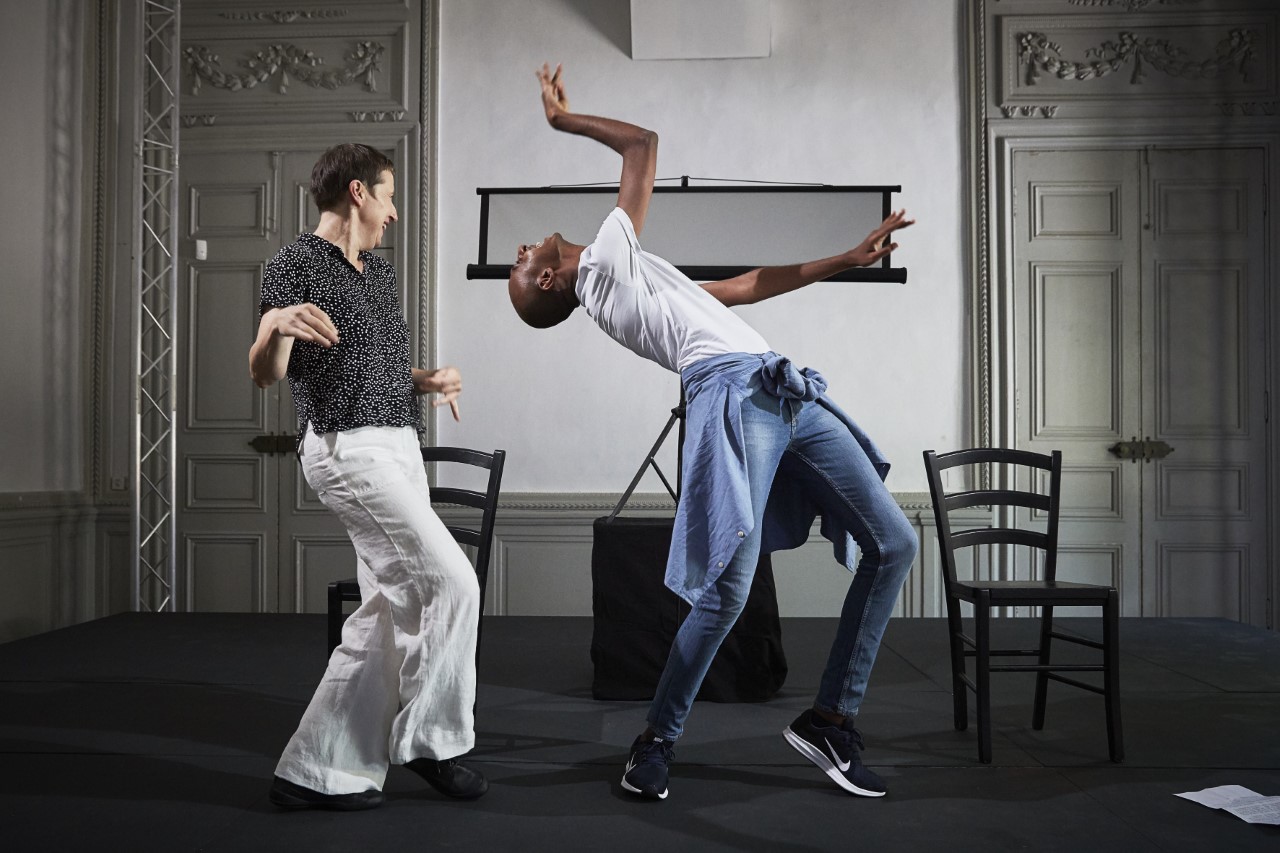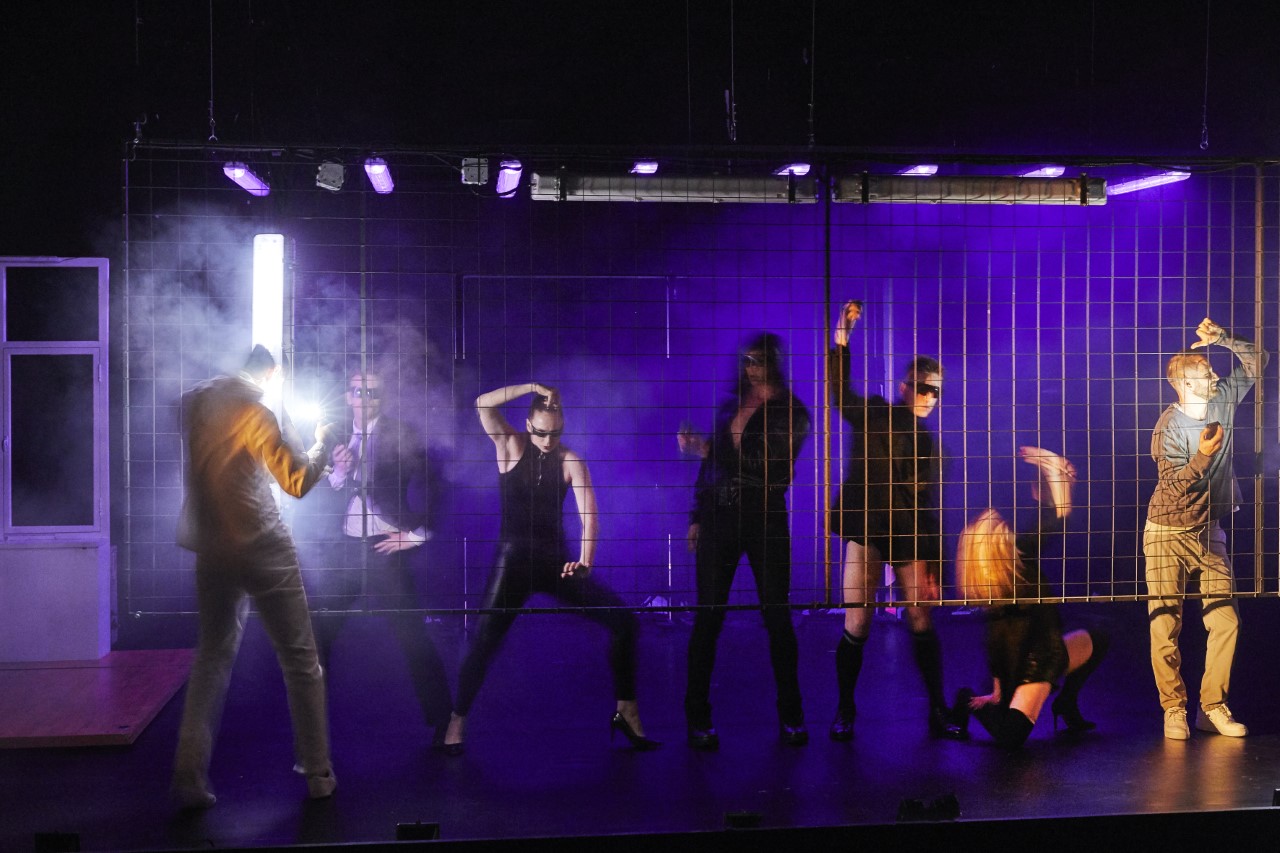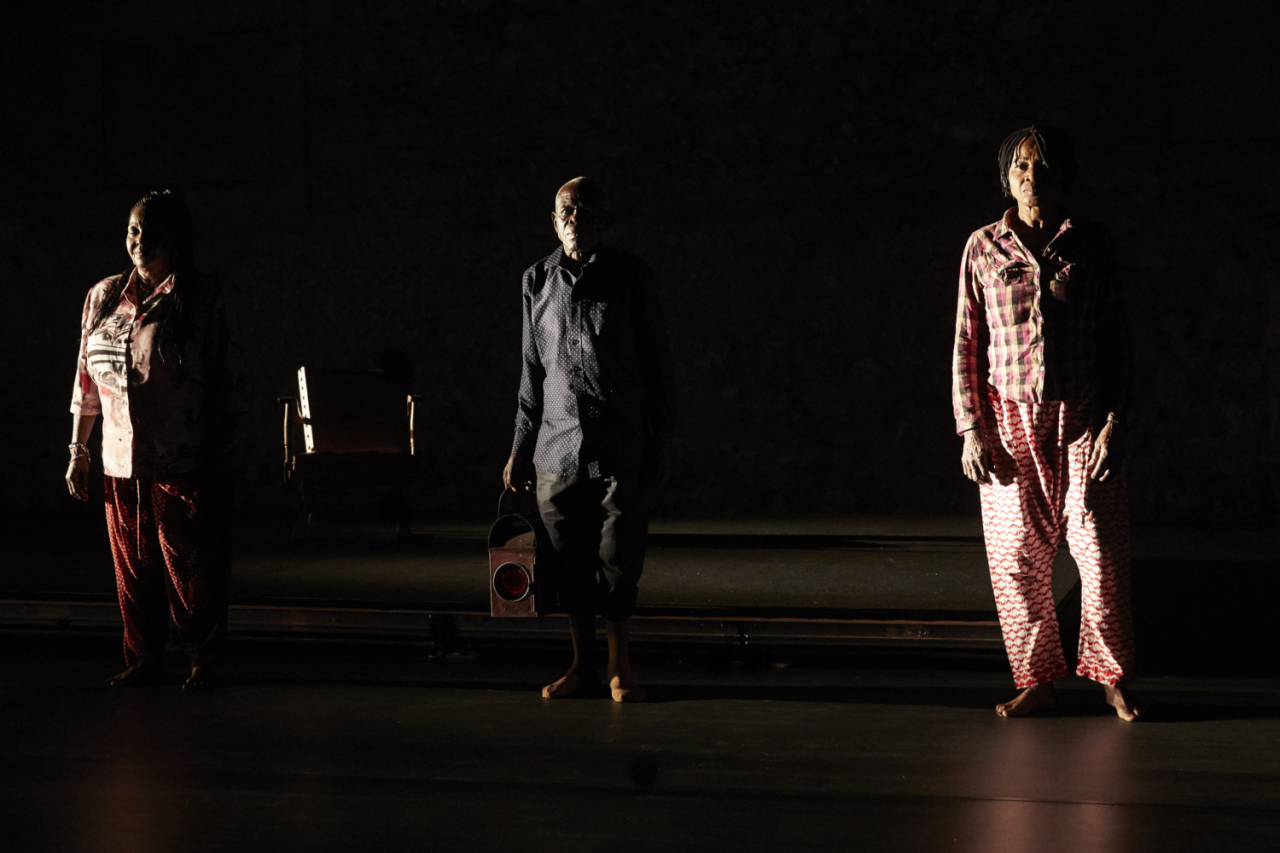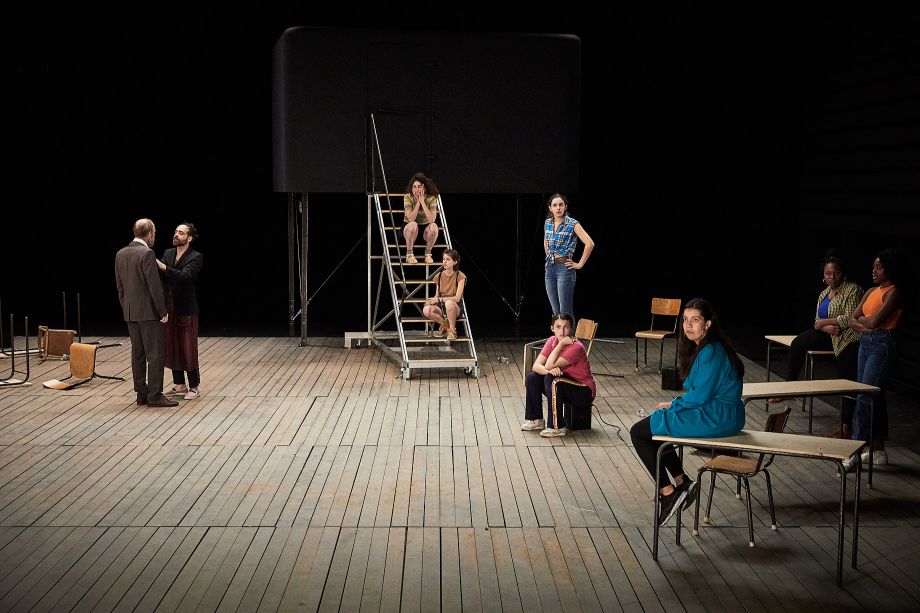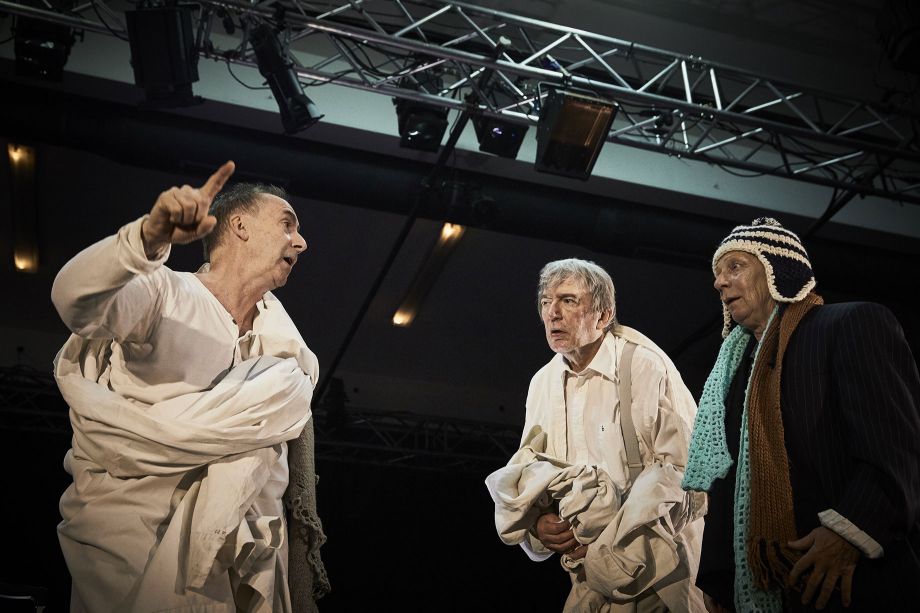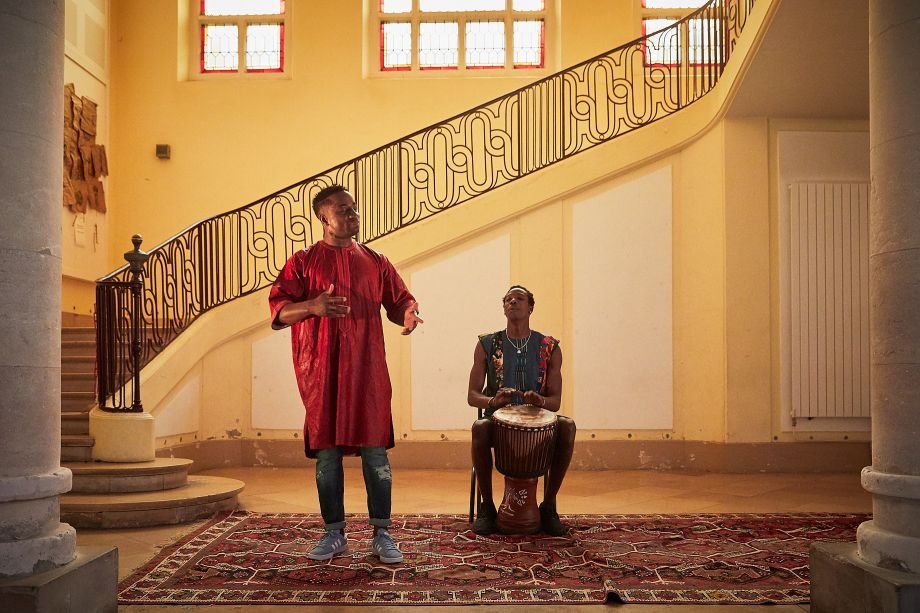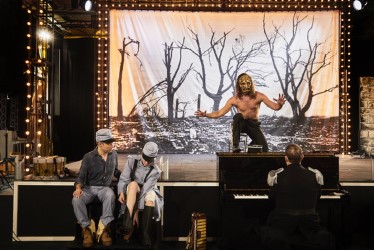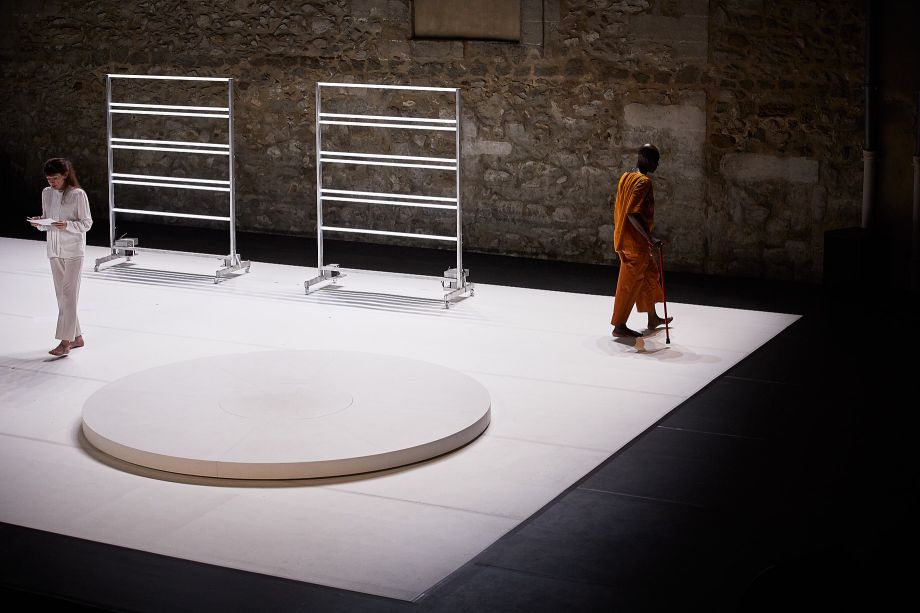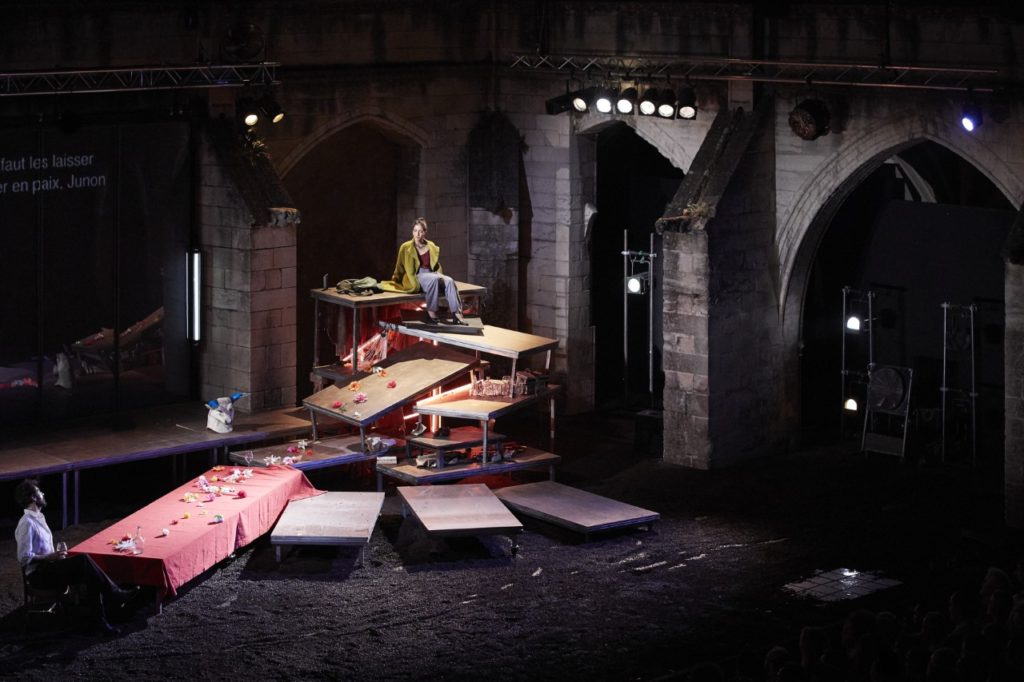Avignon 2019-Outwitting the Devil: a Mesmerizing Dance and an Hypnotic Experience created by Akram Khan
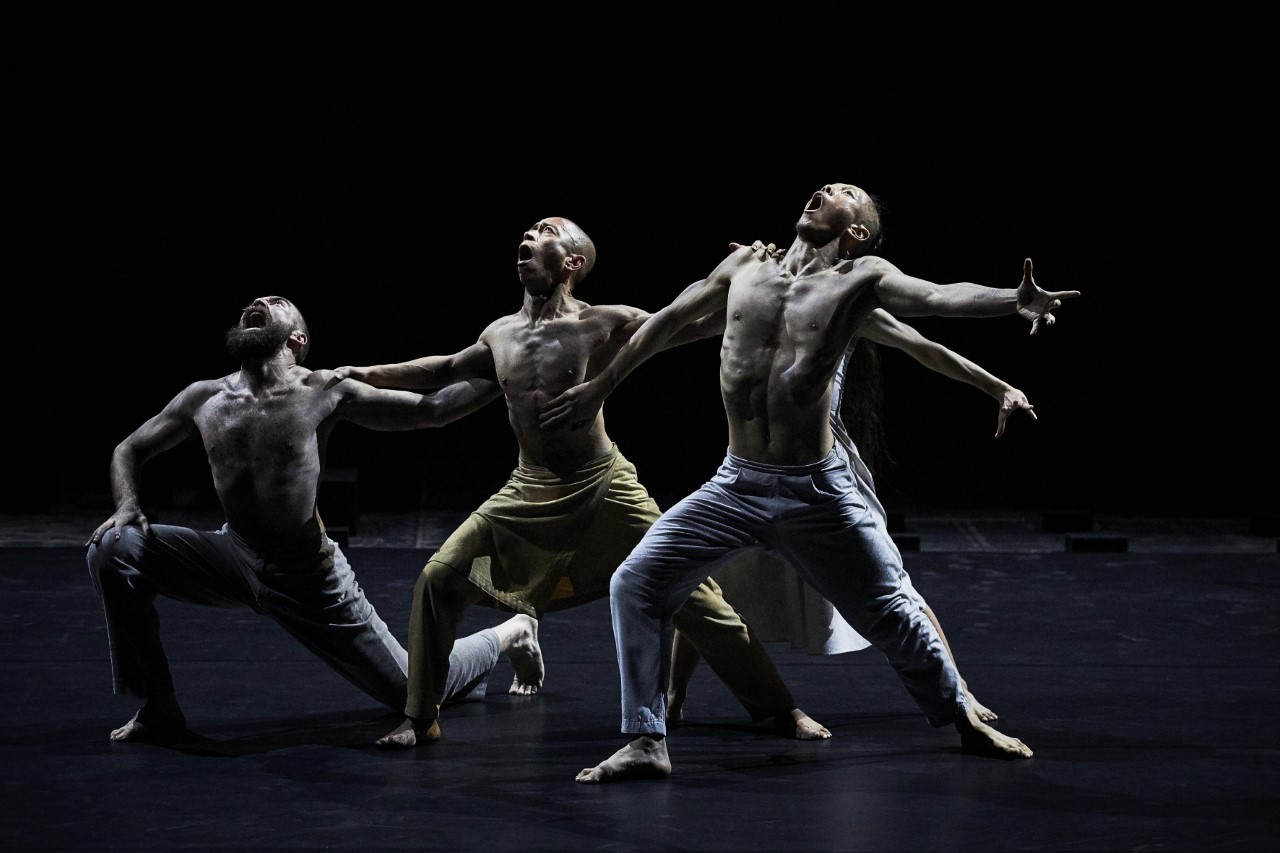
Outwitting The Devil, Akram Khan’s latest work, truly stood out within the line up of very diverse works featured at the 2019 Avignon Festival. Performed at the magnificent Cour d’honneur du Palais des Papes this work resonated the architectural grandeur of the space and echoed its spiritual splendour. It reflected the palace’s glory through its own choreography, mythic themes and hypnotic sound and lighting designs.
Akram Khan, a British dancer and choreographer of Bangladeshi descent, captivated the world of contemporary dance in the early 2000s. A student of the kathak, a traditional Indian dance, he performed in Peter Brook’s Mahâbhârata. Later he created highly experimental solo and ensemble work that would draw his viewers’ attention to the hybrid language of dance as invented by Khan himself, the language in which traditional elements of the Indian dance would neighbor and dialogue with many components of western performance. To enrich his vocabulary, Akram Khan engaged dramatic narrative and humor, approximating in his style the so-called tanz-teatr as developed by the German choreographer Pina Bausch. …
